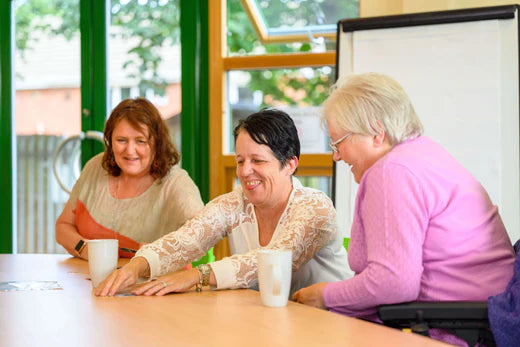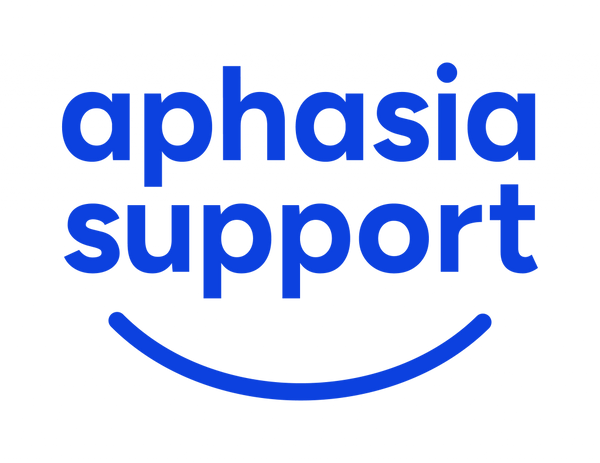Finding support after aphasia diagnosis; you are not alone

The news that Bruce Willis has been diagnosed with aphasia is terribly sad news and the thoughts of everyone at Speak With IT are with him, his family and his friends at this difficult time.
A survey carried out in 2016 by the National Aphasia Association in the US found that 84.5% of people had never heard of aphasia. This statistic is highlighted by the fact that many of the articles written about Bruce Willis have needed to define the term aphasia.
Aphasia affects a person’s ability to use language (speaking, reading, writing and understanding), to varying degrees following brain damage. Aphasia often has a negative impact on wellbeing. Many people with aphasia withdraw from daily life and avoid opportunities to interact with others. This leads to them losing their social networks. After a diagnosis of aphasia, incidents of depression are estimated to be up to 70% higher than in stroke survivors who do not have aphasia. Aphasia can also have a heavy impact on family and friends, which highlights the need to support them alongside the person with aphasia.
People with aphasia will display varying degrees of either expressive and/or receptive language difficulties. Expressive aphasia is linked to difficulties in saying words, forming correct sentences and writing. A person with more severe expressive aphasia might only be able to say a few words or no words at all. People with milder forms of expressive aphasia might have occasional word finding difficulties during conversation. Some people with expressive aphasia, due to difficulties with writing, might struggle to respond to text messages and emails or add comments on social media. People with expressive language difficulties will benefit from being given more time to get their message across.
Receptive aphasia is linked to difficulties in understanding spoken and written information. People with receptive aphasia might struggle to follow conversations, television programmes and might find group situations particularly difficult. They might also find it difficult to read books and newspapers or written instructions.
It will help a person with receptive aphasia if the person communicating with them slows down their rate of speech, keeps to one topic at a time, cuts out any background noise and does not assume that the person with aphasia understands everything.
The focus of aphasia rehabilitation is not solely on regaining language skills, it is also about improving wellbeing and quality of life. Charities like Speak With IT are focused on supporting people with aphasia with all of these goals. For people who have recently been diagnosed with aphasia, the focus will be on improving language skills by offering an app based therapy program. A speech and language therapist will initially carry out an assessment to set the therapy tasks related to the identified communication goals. The person with aphasia will be loaned an iPad and will be assigned to a trained volunteer who will support the person working towards their communication goals. There are plenty of good therapy app’s available to help people with expressive and/or receptive aphasia to work intensively towards improving their word retrieval, writing and or reading skills. People being supported by Speak With IT will be encouraged to practice daily using their personalised iPad based exercise program.
For a person who has had aphasia for some time, Speak With IT offers opportunities to help them rebuild their social networks, improve their quality of life and regain confidence by engaging them in group support activities such as our aphasia cafes. Another key focus at this stage is ensuring that the carers are not forgotten and the charity will soon be starting an online support group for carers.
A diagnosis of aphasia is a terrible shock for any family and it can take a long time to come to terms with it. Aphasia is a long-term condition that will require ongoing support. With the right support however, people with aphasia can make significant improvements and return to some semblance of their former life. Families in the UK should console themselves to know that there is support out there from the NHS and many charities and that they are not alone.

